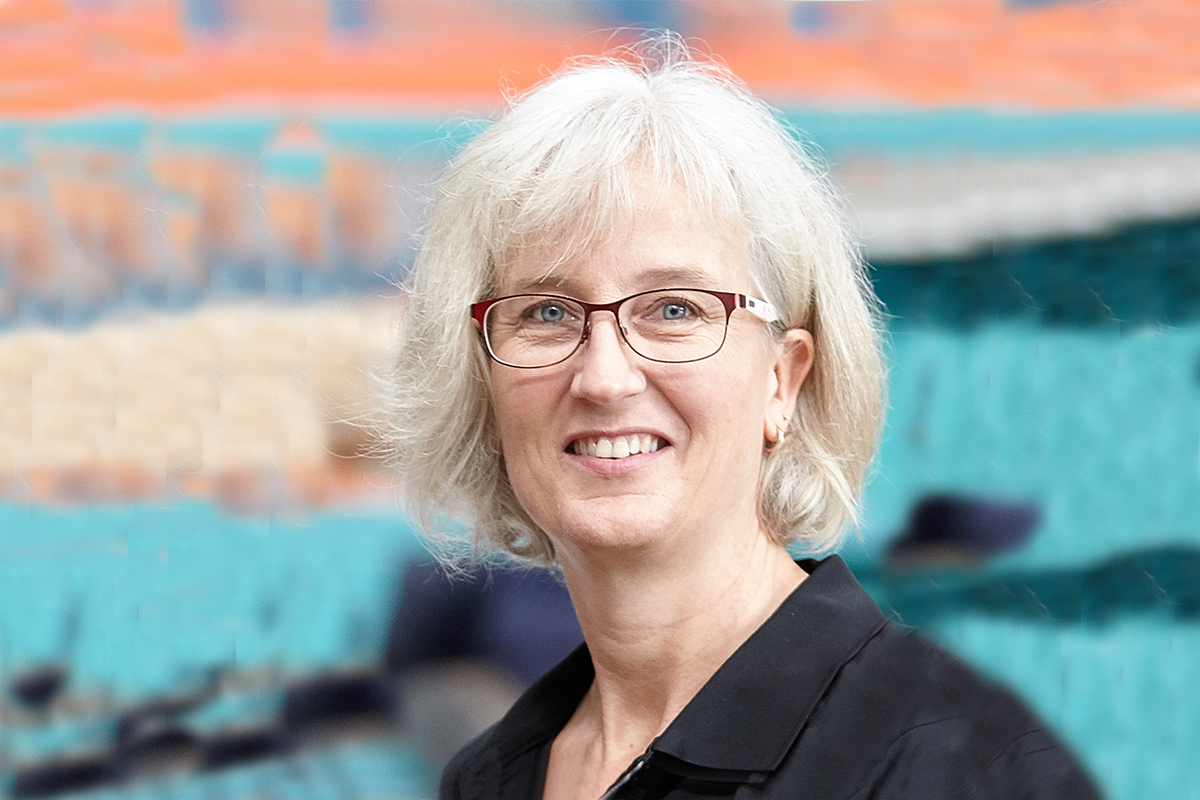Pam has been in the industry for 29 years, using her skills and experience to lead her team of 87.
Longveld is a specialist stainless steel fabricator of primary processing machinery, systems and equipment, predominantly for the Australasian dairy industry.
The business was founded in 1992 by Pam and her husband Les, after the couple met through the dairy industry and decided to branch out and start their own business servicing this sector. Pam had a strong background in science, chemical technology, engineering and experience working in dairy processing while Les brought his fitter/turner/welder skills and entrepreneurial bent. It was a perfect match.
Since then Longveld has gone from strength to strength in building a sustainable business with a focus on creating a diverse and highly skilled team, with proactive apprentice training and work placement programs to help address industry skills shortages. Longveld’s people and culture strategy sits at the core of the business and addresses body, mind and spirit as well as retention and career progression.
Pam has been Longveld’s Managing Director since 2013.
Get to know Pam and what drivers her work philosophies.
What do you love about your job?
I love being part of a team that bounces off each other to figure out how to solve a problem, and seeing people gain confidence in their capabilities.
One of my most memorable projects was being part of the team tasked with the automation of the Cream Products plant at Anchor Products Te Awamutu early in my career. It taught me to trust my capacity to learn what I needed to know. To me, if you have a lifelong learning approach you can enter a project with zero knowledge and come out of it having made a valuable contribution. I apply that philosophy to my current role every day.
What makes you good at your job?
My technical and engineering background has served me well in my career but in my leadership role what is more useful now is to anticipate the future. My willingness to look outside my business to learn from others’ perspectives is really important. I fully understand that change is exponential and we won’t be what we are now in 10 years’ time.
The futurist Alvin Tofler has said the illiterate of the 21st century will not be those who cannot read and write but those who cannot learn, unlearn and relearn. Traditional qualifications will become irrelevant. We all need to embrace rapid change.
I’m a future optimist, and I anticipate artificial super intelligence will occur in my lifetime. To me thinking about reaching this technological singularity is exciting, and that’s what drives me to prepare my business for disruption.
How have you found being a leader of a predominantly male environment?
I have to admit it was daunting at times being the only woman in the room but looking back I see now that was more because of my lack of experience and perspective of the world, not my gender.
People mostly judge me on my actions and decisions, and I do the same back. The culture of our business, and how we work with our team, customers and suppliers, has influenced that and it’s a culture we’ve been building for 26 years.
I see the wider industry we work in being far less hung up on gender than it used to be when I started out. The under 30’s have had a big part to play in that. The online world that now shares knowledge openly and freely doesn’t care about gender, and this influence is spreading.
The most significant challenge I faced as a female leader in a male dominated industry was balancing motherhood with business leadership in my thirties and forties, and not having many people to bounce off about this. The solution in our family was to embrace the struggle and involve our kids in the ebbs and flows we faced at work. From a young age they understood what we were building and were on the journey with us.
I also learnt early on to keep a healthy perspective of what I was or wasn’t going to get done in a day. It was about not sweating the small stuff!
Do you think it’s important to get more women into engineering?
Yes of course! Engineering benefits from diversity. Diverse thinking improves outcomes and who can disagree that’s a good idea.
However, gender diversity has been hard to crack in our business. We recognize women are severely under-represented in the engineering trades. If I look at my own team we have women in trade, administration and management roles, but only 5% are women overall. This needs to change, but unfortunately, it’s too late to do anything at the point of offering a job. Instead, it needs to be a long-term focus on increasing interest in STEM.
So how can we increase the number of ladies in STEM?
We have a Girls in Engineering programme in conjunction with the Waikato Trades Academy which targets girls in year 11 and 12. However research shows achieving a more balanced workforce requires us to ideally target girls at year 10 and in that vein we support the primary schools EPro8 Challenge.
Fundamentally we need more girls getting enthused about STEM subjects at this age – so they grow up to be our future explorers.
